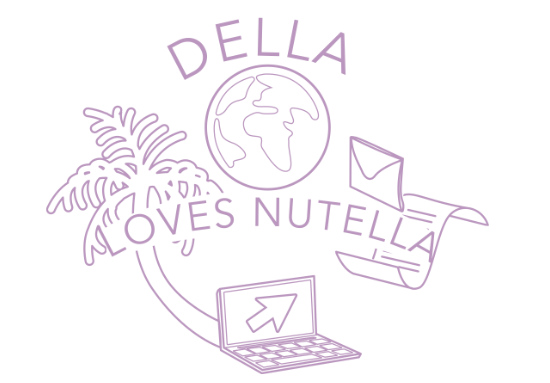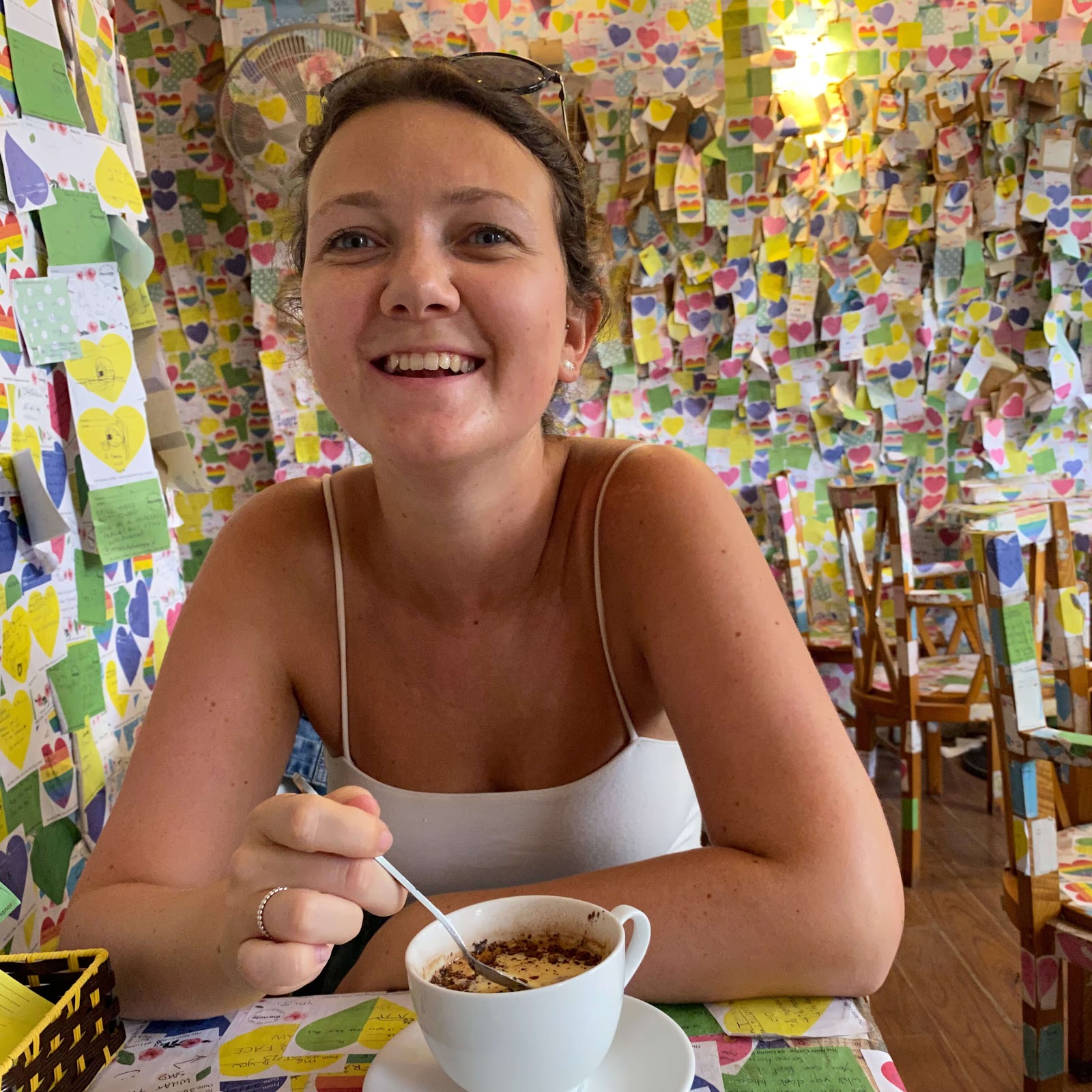Well, hello to you, my reader chums! 2025 was the year when all my dreams came true, and I feel incredibly grateful, blessed and loved for everything the year brought me. I'm still in awe of all the big, amazing moments, but also the small and wholesome moments with all the people I love.
2025 was a dream-worthy year, and I'm sharing all the highlights, from the little to the big moments.
Having a baby
I've dreamt of having a baby my whole life; all I ever wanted was to be a mum. This year, I found out I was pregnant with a little boy and excited doesn't even cover the feeling. It's like I've lived two lives in 2025; the first half of the year as normal, and from May, finding out I was pregnant, and then the rest of the year, growing my gorgeous little baby. Pregnancy has been a wild ride; I've struggled a lot, but overall, I've loved the privilege of carrying my baby and connecting with him over the last 9 months.
I can't wait to meet him in 2026 and start our family of three!
Buying a house
After saving and planning for years, my partner and I bought our first home in 2025. We started the year generally looking at homes and figuring out where we want to buy, and then, we found the home after looking at 12 that just felt like ours. It was the longest wait, from submitting the offer and obtaining the mortgage to finally receiving the keys in autumn, but it was completely worth it. We moved just in time to prepare the house for the baby and make our place a home. There's still lots more to do, but I'm so excited for that process and to make memories here, especially with our baby. I love our house!
The best year with my partner
I'm incredibly grateful for my partner, his love, support are everything to me, and I feel so lucky to do life with him. We've had the best year with our accomplishments, and even though at times it has been stressful with buying a house, and going through pregnancy can be hard, his support, love and care have helped me through every step of the way. I can't wait to see what the next year brings for us as a couple!
The abroad adventures
I love to travel, as many of you may know, and I had the pleasure of visiting some gorgeous countries this past year, including Slovenia, France and Italy. In March, I spent a few days exploring the glorious Lake Bled and Lake Bohinj with a day trip to Ljubljana and fell in love with the country. Bled itself, even in the peak of rainy winter, was just gorgeous! In May/June, I attended my best friend's wedding in the South of France and had the pleasure of enjoying a road trip through some epic places, such as Rouen, Poitiers and Tours.
The longest trip abroad this year was to Italy for our babymoon in September. We ventured to Genoa for 5 days exploring the Italian Riviera, and it was the perfect way to experience gorgeous sights, beach days, authentic food and a relaxing last trip away as the two of us. During the trip, we explored the wonders of Genoa and ate our weight in pesto and focaccia, a boat tour to Portofino, a day trip to Santa Margherita and Rapallo and a visit to Boccadasse Beach.
Exploring more of the UK
I'm lucky enough to live by the seaside in the UK, but also close to many gorgeous locations to explore. This year, I went on a few staycations with my partner, friends and family, including a couple of trips to Brighton, the East and West Sussex countryside, and staying in a spaceship for my partner's birthday. I've loved exploring sweet countryside villages and beachside towns, trying out new food places and seeing local attractions, like Seven Sisters Countryside Park.
Quality time with friends and family
I'm grateful for all the massive wins this year, but the biggest blessing is the loved ones I have around me. Some of my favourite moments this year are spending time with my sister and her kids, going on walks with my partner, dinner parties with friends, and quality time with family members and close friends. The little moments where my heart felt so full, I couldn't stop laughing and smiling about how loved I felt.
Reading 34 books
I love to read, and I increased my goal this year to read 30 books, and I'm thrilled I exceeded the goal and read 34. My top few books include The Wrong Sister, Kala, Rock Paper Scissors, The Help and The Audacity by Katherine Ryan.
Spending lots of time outside at the beach and countryside
Living by the beach is my favourite thing, and I've always felt blessed that the sea is in such easy access. This year, I loved spending as much time as possible on beach walks, swimming in the sea and exploring the local countryside. It has especially made me love and appreciate the countryside more and want to go on more hikes.
Hiring an editor for my book
I've wanted to take one of my books to the next stage for a while, and I had the opportunity to hire an editor this year to perform a developmental edit on it - and it has to be one of the best things I've paid for. The editor gave me the feedback I needed and the clarity on how to make the book the best it could be. I've spent the end of the year working on his suggestions and pitching the books to agents - let's hope one agent will pick it up!
Another successful year of my freelance business
I'm incredibly proud of my freelance business this year and the continued success of everything I've achieved this past year. My biggest highlights include booking consistent retainers and projects, working with both smaller and larger clients. I also spoke on a panel for the first time about caring for my mental health and practised slowing down as my pregnancy progressed, and planning for what maternity will look like as a business owner.
Starting my own networking event
One of my closest friends and I started our own networking event in 2025 and hosted 3 different events. I'm incredibly proud of us both for stepping outside our comfort zone and creating a community for new and established small business owners to connect and socialise without the pressure of networking. It has been a massive success, and I can't wait to see what the next year brings for the event!
Developing new friendships and strengthening old ones
I've made some cherish-worthy friendships this year, which have thrived and really shown up for me, and I feel so grateful for that. It has also been a year where I've appreciated and strengthened old and existing friendships, and my love for them is always growing.
Embracing the slower way of life
Falling pregnant this year meant I had to fully embrace slowing down with my work and social plans and prioritising myself. Although it was hard at times, it has been the best thing for me as I've really embraced how living slowly and resting are incredibly beneficial.
I hope you enjoyed this post. What are your yearly highlights?
Thank you for reading <3











